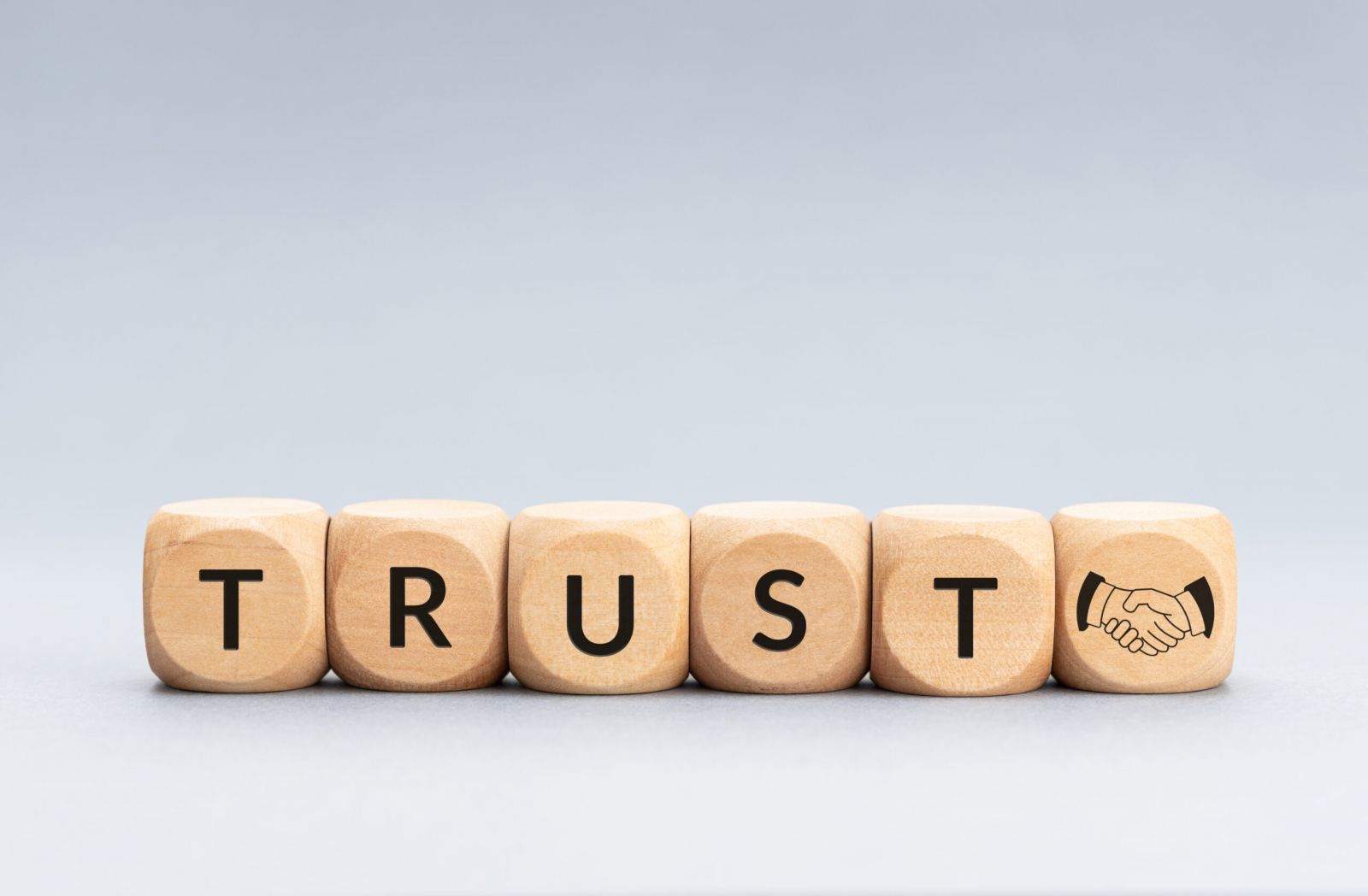There are (at least) two types of trust: Practical and Emotional
Practical trust can be earned by a hard worker, someone who meets deadlines and is reliable, competent and dependable. Emotional trust is another level. It’s what makes a team work because colleagues trust that you’re on their side. They know you’ll treat them with respect and they won’t be judged.
How do you know if people trust you?
If people don’t trust you there’s usually an element of micro-managing that’s going on. You might start realizing that you’re left out of important meetings or people have stopped asking you to do things. If you: Over-promise and under deliver, fail to meet deadlines or take credit for other people’s work, these are ways to get people not to trust you.

Why Does Trust Matter?
- It’s good for motivation
- Trust builds teamwork and collaboration
- It creates a strong, resilient team that can absorb shocks
- Breaks down corporate silos and isolating behaviours
- It helps persuade people to develop ideas

How Can you Build Trust?
- Put your money where your mouth is: That means show up for your teammates, physically (or virtually) and emotionally.
- Don’t just pretend to care: Actually care about how people are doing and show it.
- Build relationships: Create a bond with your colleagues that goes beyond work. It doesn’t mean you need to be best friends, it just means you’re creating another layer of substance that helps foster trust.
- Be Reliable: Do what you say you’ll do when you say you’ll do it and if you can’t, communicate that
- Be transparent
- Be honest












Replies to This Discussion